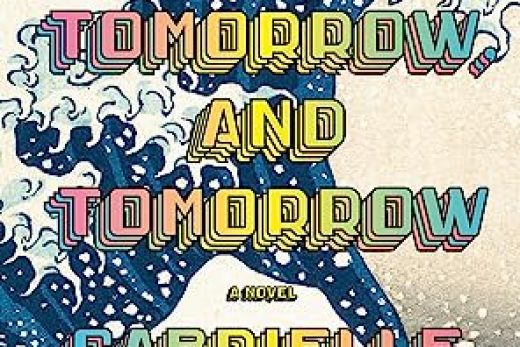In the captivating world of science fiction, Pierce Brown’s “Dark Age” stands as a testament to the power of storytelling and the exploration of humanity’s strengths and weaknesses. As the fifth book in the Red Rising series, it continues the gripping saga of Darrow and his quest to create a just society in the midst of chaos and conflict. This essay delves into the themes and narrative strategies that make “Dark Age” such a compelling read for fans of the genre.
In “Dark Age,” we witness the escalating struggles of the protagonist, Darrow, as he faces formidable enemies and grapples with the weight of his decisions. Brown masterfully weaves a tale of intrigue, warfare, and personal growth, resulting in a narrative that is both thrilling and thought-provoking.
One of the most striking elements of “Dark Age” is its exploration of the consequences of power and the lengths to which individuals will go to attain it. Throughout the story, characters are confronted with the temptation to exploit others for personal gain, forcing them to grapple with their own morality and the potential ramifications of their choices. This theme is particularly poignant in the context of a society that is constantly changing and evolving, as it highlights the significance of compassion and empathy in the pursuit of a better world.
Additionally, the novel explores the idea of redemption and the capacity for individuals to change their ways. Brown showcases various characters who have committed heinous acts, but who also possess the potential for growth and self-improvement. By demonstrating that even the most flawed individuals can learn from their mistakes, “Dark Age” encourages readers to reflect on the importance of forgiveness and the potential for positive change in our own lives.
Finally, “Dark Age” presents a powerful commentary on the concept of loyalty and the ties that bind us to one another. As characters are pushed to their limits, they are forced to confront the importance of their relationships and the sacrifices they are willing to make for their loved ones. This exploration of loyalty serves as a reminder of the profound impact that our connections to others can have on our actions and decisions.

A: The primary themes in “Dark Age” include the consequences of power, redemption, and the concept of loyalty. Brown uses these themes to engage readers in a thought-provoking examination of human nature and the potential for growth and change.
Q: How does the narrative in “Dark Age” encourage readers to reflect on their own lives?
A: The narrative in “Dark Age” encourages readers to reflect on their own lives through its exploration of themes such as redemption and loyalty. By showcasing characters who grapple with their own morality and struggle to find forgiveness, the novel prompts readers to consider the importance of empathy and understanding in their own relationships.
Q: How does “Dark Age” fit within the larger Red Rising series?
A: “Dark Age” is the fifth book in the Red Rising series and continues the story of Darrow and his quest to create a just society. The novel builds upon the themes and events of the previous books, further developing the complex world and characters that have captivated readers throughout the series.









